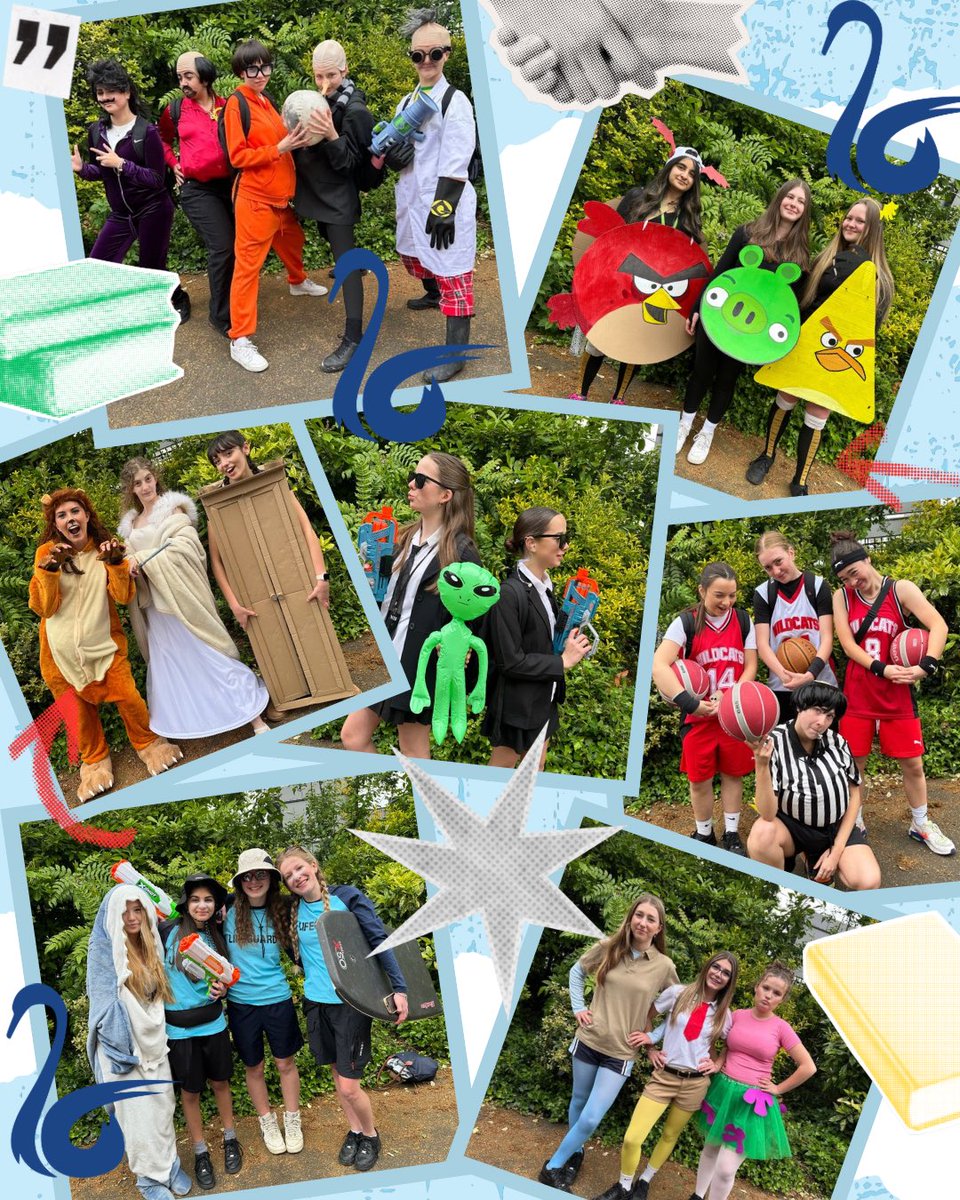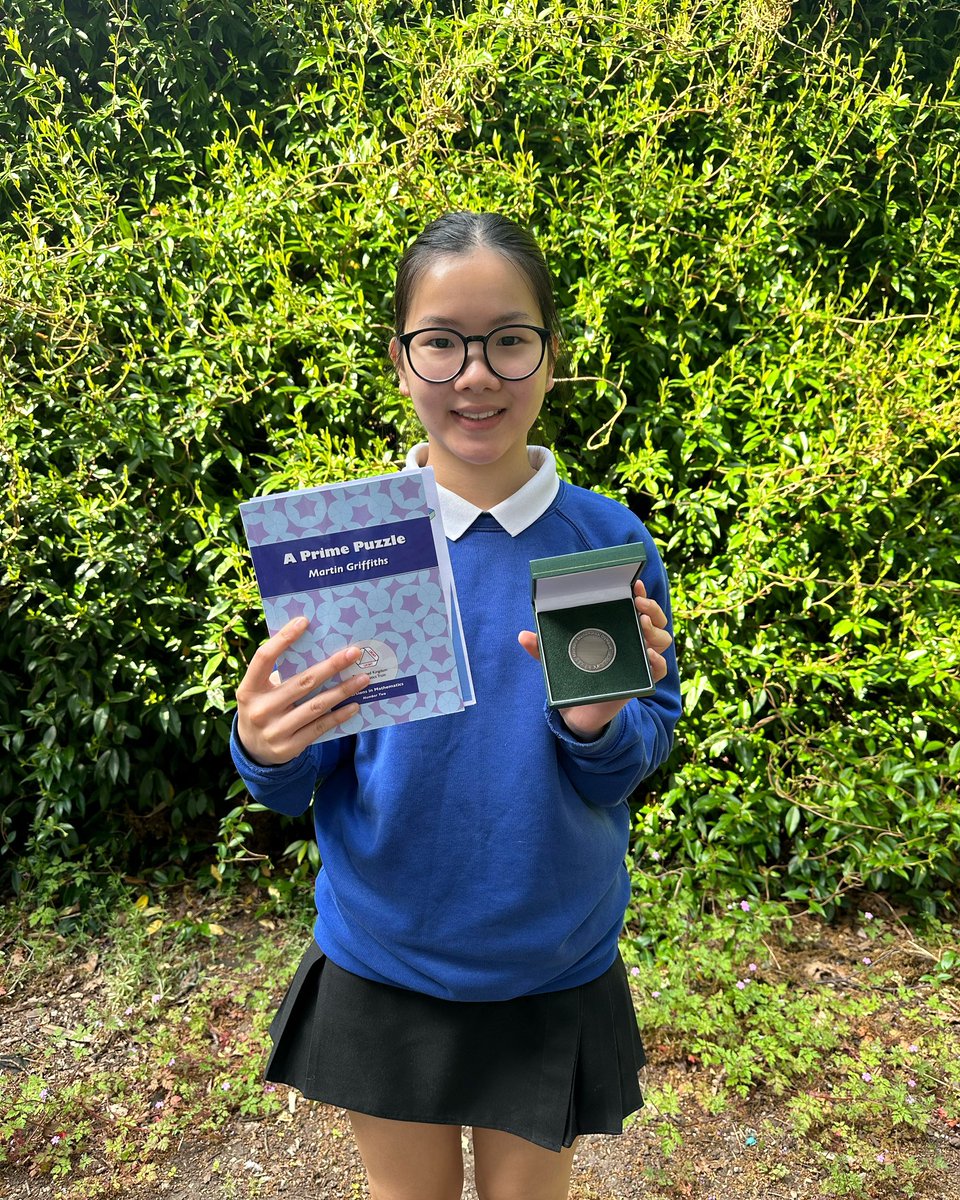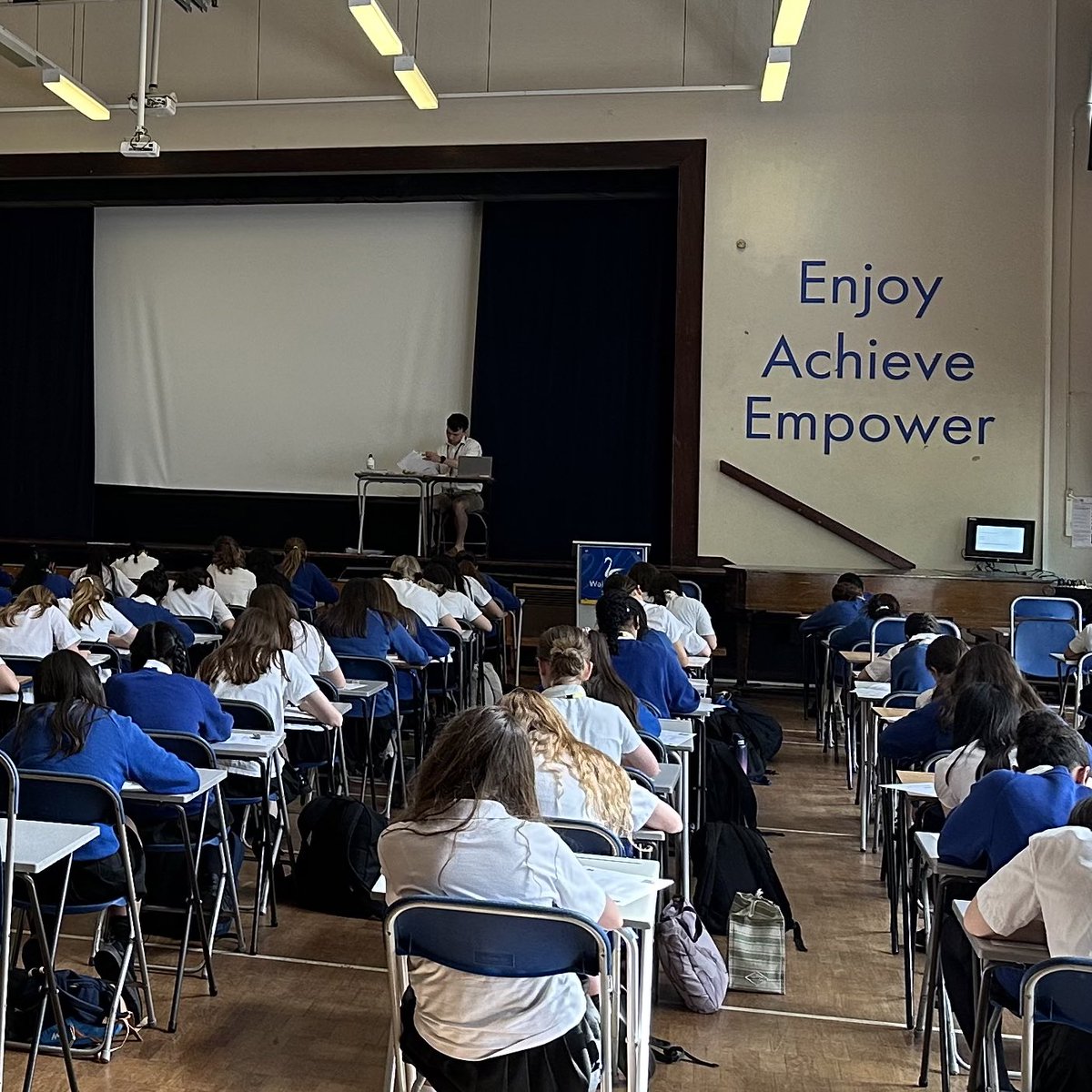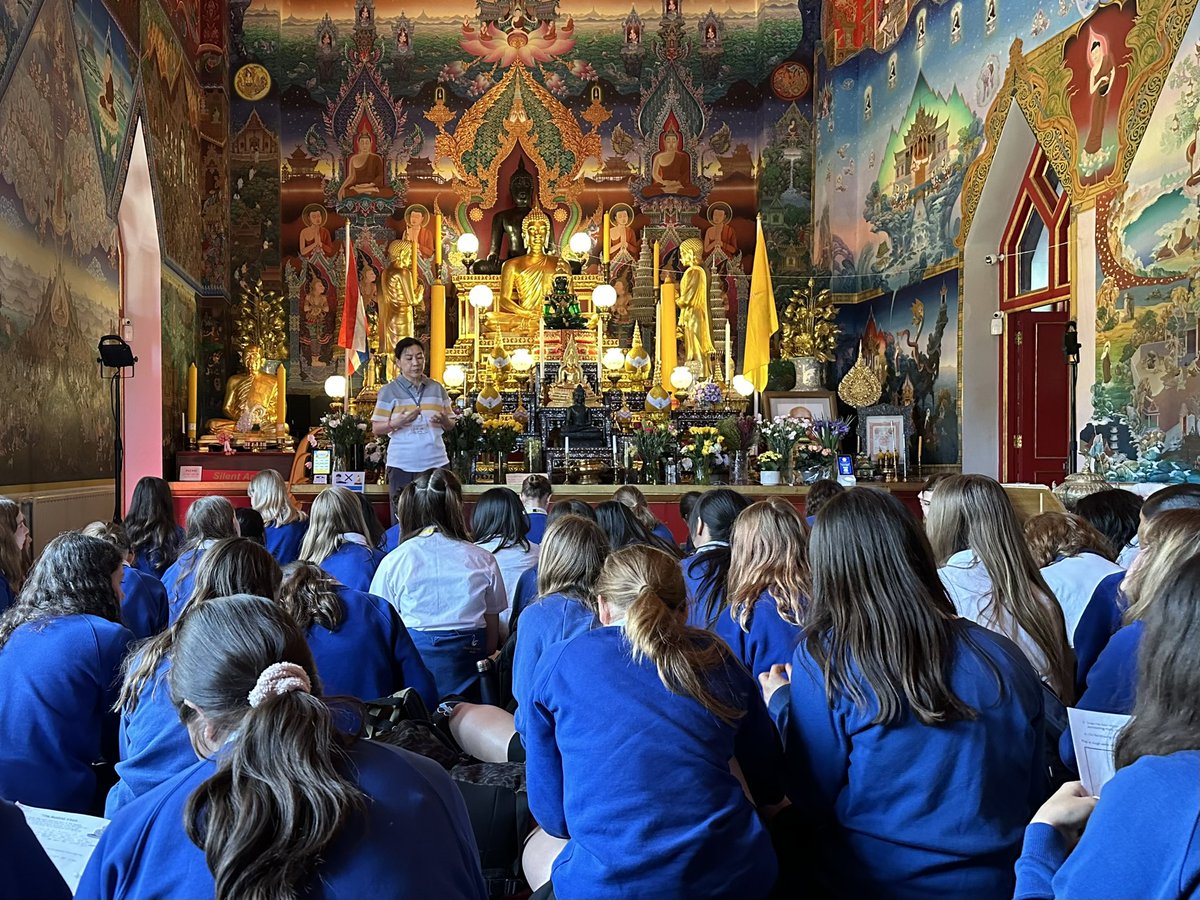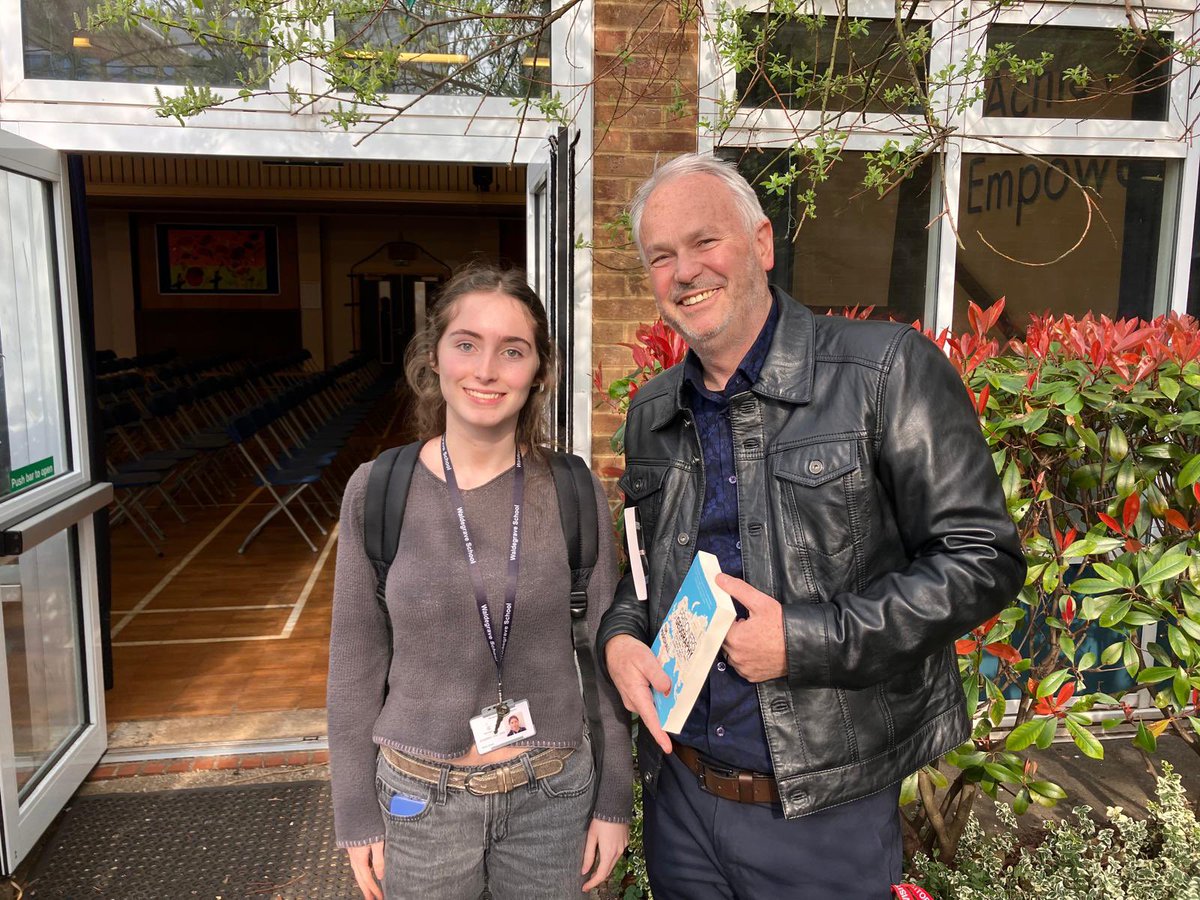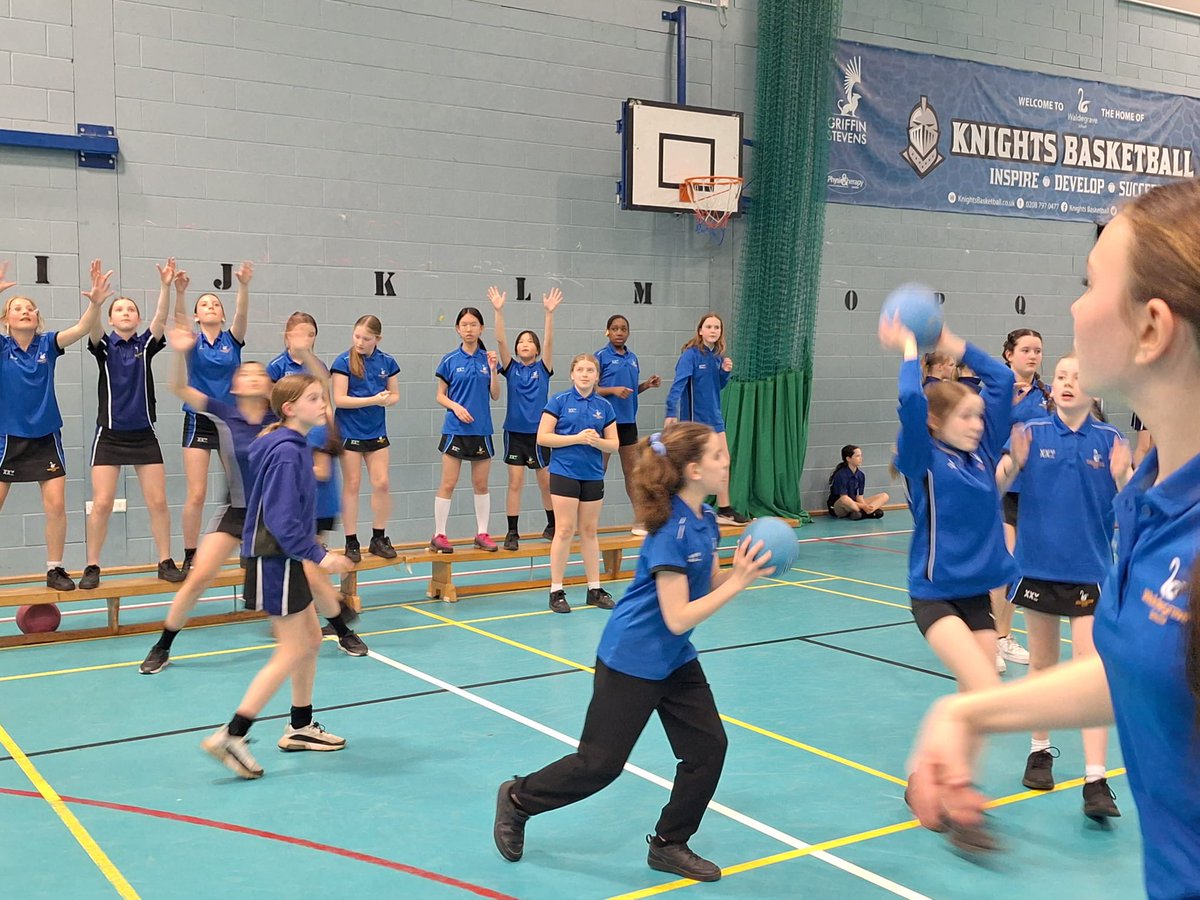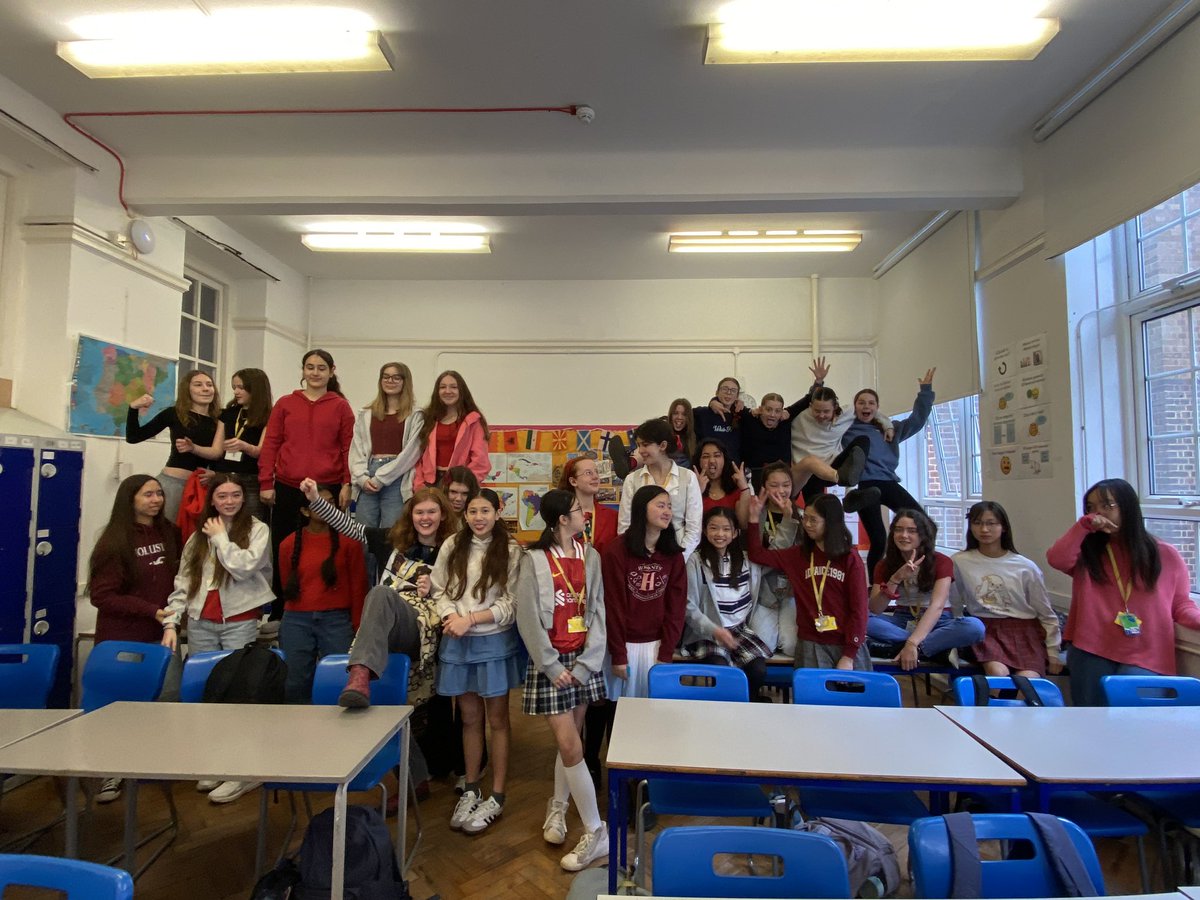Remote education provision: information for parents
This information is intended to provide clarity and transparency to pupils and parents or carers about what to expect from remote education where national or local restrictions require entire cohorts (or bubbles) to remain at home.
For details of what to expect where individual pupils are self-isolating, please see the final section of this page.
The remote curriculum: what is taught to pupils at home
A pupil’s first day or two of being educated remotely might look different from our standard approach, while we take all necessary actions to prepare for a longer period of remote teaching.
What should my child expect from immediate remote education in the first day or two of pupils being sent home?
In the first day or two of school closure, staff will post work for students to complete independently on google classroom.
Following the first few days of remote education, will my child be taught broadly the same curriculum as they would if they were in school?
We teach the same curriculum remotely as we do in school wherever possible and appropriate. However, we have needed to make some adaptations in some subjects. For example, practical subjects such as PE, DT or Performing Arts.
Remote teaching and study time each day
How long can I expect work set by the school to take my child each day?
We expect that remote education (including remote teaching and independent work) will take pupils broadly the following number of hours each day:
Key Stage 3, 4 and 5
- We have a 5 period day except for Fridays when we have a 4 period day.
- Students should expect work to be set for each lesson. Typically this should take approximately 30-45 minutes to complete. This allows students time to go back through their work, checking not only for mistakes but to reinforce learning. It is important that we support students to manage cognitive learning when working remotely and to limit screen time.
- Therefore, students should expect a minimum of 3 hours of remote teaching and independent work per day.
- Students may wish to supplement this through independent reading or revision. Some staff may provide extension tasks.
Accessing remote education
How will my child access any online remote education you are providing?
Work will be set via google classroom. Students are expected to access this platform for their learning. Work should also be submitted via google classroom. Students without chromebooks will be supported by school though loaned devices or printed materials.
If my child does not have digital or online access at home, how will you support them to access remote education?
- We recognise that some pupils may not have suitable online access at home. We take the following approaches to support those pupils to access remote education:
- Most Waldegrave students have personal chromebooks. Where this is not the case, students will be loaned devices and parents will be contacted individually to arrange collection.
- All families in receipt of the pupil premium grant have chromebooks provided for free, so will use these devices.
- In situations where families have no internet access, the school will arrange individually with them to collect a dongle.
- In the unlikely event that students are unable to access online materials, students will be able to collect printed materials from reception. This will be arranged with them individually. By arrangement, students will be able to return printed work to reception who will pass these materials back to staff.
How will my child be taught remotely?
We use a combination of the following approaches to teach pupils remotely:
Our remote teaching approaches will include:
- Where possible, live teaching (online lessons). This may be an introduction from the teacher at the start of a lesson followed by check-ins via the google classroom stream, or it may be that the teacher delivers a whole lesson live. This will vary depending on subject and teacher availability.
- Recorded teaching may be used such as pre-recorded loom videos that outline tasks and topics or talk through lesson slides.
- In the event that a student has no internet access, printed paper packs produced by teachers (e.g. workbooks, worksheets) may be used where possible.
- Textbooks and reading books may be used if students have access.
- Commercially available websites supporting the teaching of specific subjects or areas, including video clips or sequences.
- long-term project work and/or internet research activities
Engagement and feedback
What are your expectations for my child’s engagement and the support that we as parents and carers should provide at home?
- All students are expected to engage with remote learning, including attendance at live lessons if applicable. Engagement will be monitored and where there are issues, these families will be contacted by their Key Stage Hub.
- As far as possible, parents should try to provide a working space free from distractions for a child carrying out remote learning. We appreciate this is not always possible.
How will you check whether my child is engaging with their work and how will I be informed if there are concerns?
- Students’ engagement with remote learning will be monitored on a daily basis.
- Where engagement is a concern, a member of our Key Stage Hub team will contact home to support with any obstacles getting in the way of the remote learning.
How will you assess my child’s work and progress?
Feedback can take many forms and may not always mean extensive written comments for individual children. For example, whole-class feedback or quizzes marked automatically via digital platforms are also valid and effective methods, amongst many others. Our approach to feeding back on pupil work is as follows:
- Methods we use to assess and feedback on students’ work includes marking tools on Google Classroom, Zoom video and audio recorded feedback. For Sixth Form students, we may also provide feedback via email.
- This feedback will be provided in a timely manner and the time frames are dependent on the context of the work set.
Additional support for pupils with particular needs
How will you work with me to help my child who needs additional support from adults at home to access remote education?
We recognise that some pupils, for example some pupils with special educational needs and disabilities (SEND), may not be able to access remote education without support from adults at home. We acknowledge the difficulties this may place on families, and we will work with parents and carers to support those pupils in the following ways:
- SEND students will have additional support provided by Inclusion staff.
- This additional support might include online TA support, individualised materials posted on Google Classroom and pre/post teaching sessions.


